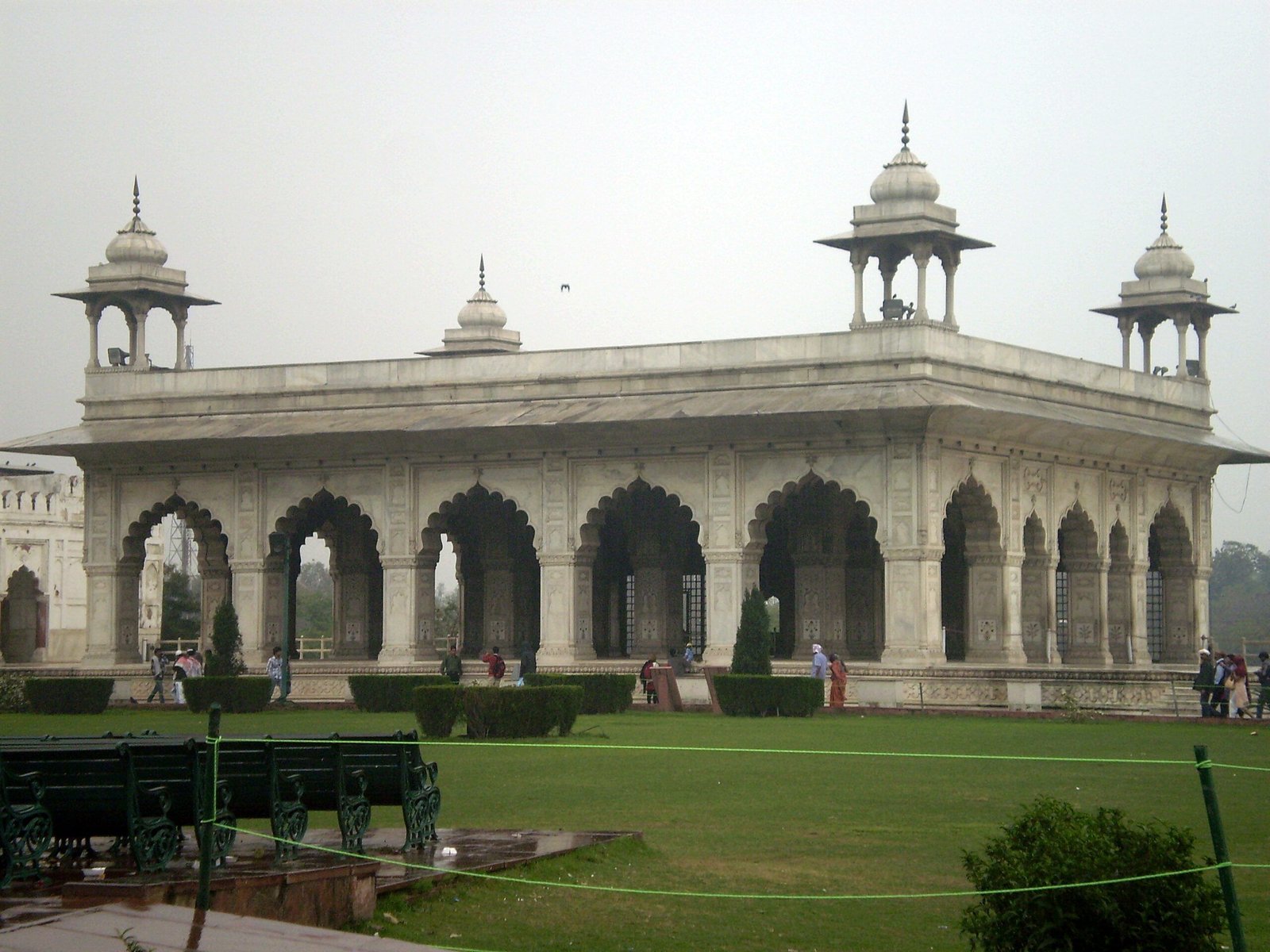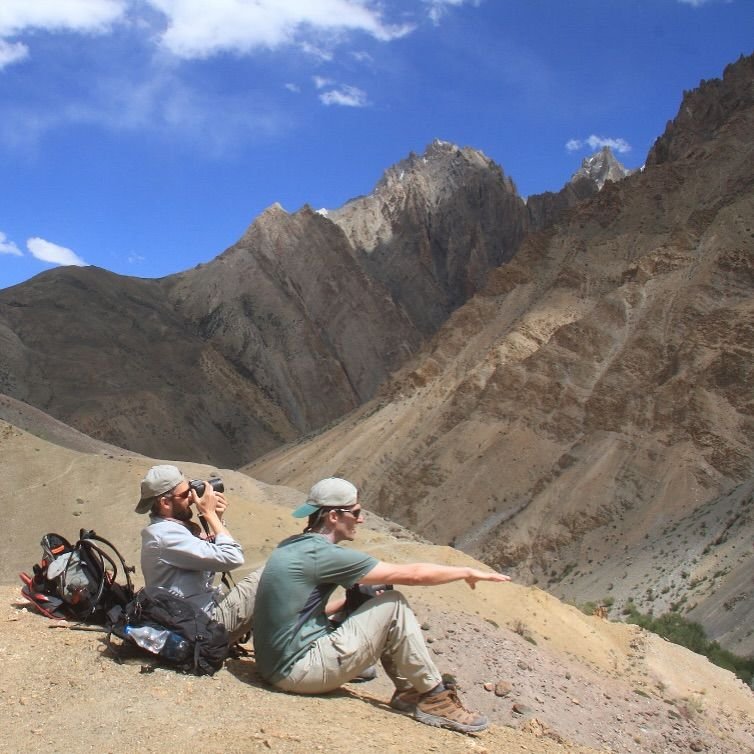While there are many excellent tourist sites throughout the world, Delhi is one such location that should not be overlooked. Delhi, a mash-up of old and new, traditional and modern, has always attracted number of tourists from all over the world to see the view of Red Fort in Delhi.
Delhi, the pride and capital of India, is absolutely bursting with must-see tourist sites. With a multitude of things to see and do, the city takes great satisfaction in talking about the Red Fort in Delhi — one of the most important forts that captures the attention of any tourist visiting India for the first or third time.
We’re sure you’ve been there once or twice, but there are some fascinating facts about the vast and ancient Red Fort that you may not be aware of. Let’s have a look at what they are.
Interesting Facts About The Red Fort In Delhi
The Red Fort in Delhi is a tourist hotspot and a must-see when in Delhi. Not only do we Indians admire the grandeur of this gigantic architectural marvel, but it also draws visitors from all over the world. However, while we are all familiar with the Red Fort and most of us have visited it at least once, we frequently ignore the mysteries that this landmark has to offer.
So here are some interesting facts about the Red Fort that adorns the streets of Chandni Chowk that you probably didn’t know. Read this piece of information by The Himalayan Outback.
The Red Fort in Delhi was in fact white!
When Mughal Emperor Shah Jahan erected the fort in 1648, it was white and made of sandstones. Not only was the name altered, but the fort’s colour was also changed to red. Everything was done at the request of the British. Originally, the Red Fort was built of lime stones. When the white stone began to chip away, the British were forced to repaint it in red.
The Fort’s Real Name
Did you know the Interesting Facts About The Red Fort in Delhi, the Red Fort was not always known as it is today? Originally, it was called “Qila-e-Mubarak.” This name can be shortened to “The Blessed Fort.” According to accounts, Shah Jahan erected this fort after deciding to relocate his capital from Agra to Delhi.
The Red Fort Took a Decade (or Ten Years) to Build
There’s no doubt that equipment and construction were restricted back then, or during the reign of Shah Jahan — Akbar the Great’s grandson. It took ten arduous years for Ustad Hamid and Ustad Ahmed – the forefathers of the period who began building in 1638 and finished it a decade later.
The Red Fort Furniture Included the Kohinoor Diamond
Many people are unaware that the Kohinoor diamond was once part of Shah Jahan’s regal throne, which was housed in the Diwan-i-Khas. Nadir Shah (the ‘Persian Napoleon’) stole the valuable stone years later.
The throne was built of pure gold and was encrusted with costly stones such as emeralds, pearls, diamonds, and rubies. The biggest diamond in the world is now decorating the crown of England’s queen.
There is no monarchy or the Kohinoor diamond anymore, but you will be pleased to immerse yourself in various legends that will make your Delhi trip a spectacular occasion to remember.
The Red Fort in Delhi – Rang Mahal
The Red Fort (famous for its beautiful architecture) is tiny, with a plethora of buildings that were originally utilised by a variety of Mughal monarchs. Rang Mahal, one of the fort’s most outstanding palaces, literally means “palace of colours.”
Emperor consorts and their maids utilised this palace. Near Rang Mahal lies Khas Mahal, the emperor’s magnificent personal residence. It permitted the emperor to pay his queens visits whenever he pleased. Except for the princesses and queens, no one was permitted to enter Khas Mahal.

Lahore Gate – The Fort’s Main Entrance
The Delhi Gate and the Lahore Gate are the two main gateways at the beautiful Red Fort. Lahore Gate earned its name since it faces Lahore. This is because India and Pakistan were formerly one country.
Every year on Independence Day, India’s Prime Minister hoists the National Flag from the walls of Lahore Gate.
Although the Delhi Gate appears to be identical to the Lahore Gate, it used to be the public entrance gate to the fort.
The Red Fort is octagonal in shape.
The beautiful Red Fort is designed in an octagonal form and spans 256 acres. When seen from the summit, the fort’s mind-boggling architectural splendour exposes its octagonal form.
The Red Fort has been designated a UNESCO World Heritage Site.
UNESCO designated the Red Fort as a World Heritage Site in 2007 for its historical and cultural significance. India is quite proud of its architectural marvel, which we all know as the “Red Fort.”
The Last Mughal Emperor Was Tried in His Own Courtyard
Bahadur Shah Zafar, the final Mughal Emperor, became a symbol of the 1857 insurrection against the British dominion. The British tried him for treason in his own house, the Red Fort. The trial was held at Diwan-i-Khas, surrounded by the British court, and the emperor was judged guilty, and his title was removed from him. He was afterwards banished to Rangoon (now called Myanmar).
The Red Fort’s Ruins
After capturing the Red Fort, the British embarked on a destructive spree. They continued to destroy portions of the fort. To be honest, most of the items were sold. Nothing remained of the vast and magnificent fortress that had once been the palace of the mughal ruler.
A water gate is also there.
A third small outlet leads to the fort. Originally built on the riverside, it was intended to provide convenient access to the Yamuna. However, the river’s flow altered throughout time, but the name persisted.
Conclusion
So the above were some of the interesting facts about the Red Fort in Delhi that you might not be knowing. We would be glad if you let us know what you think about this information in the comments section. Book your adventure trip with The Himalayan Outback and gain some unique experiences of a lifetime.







